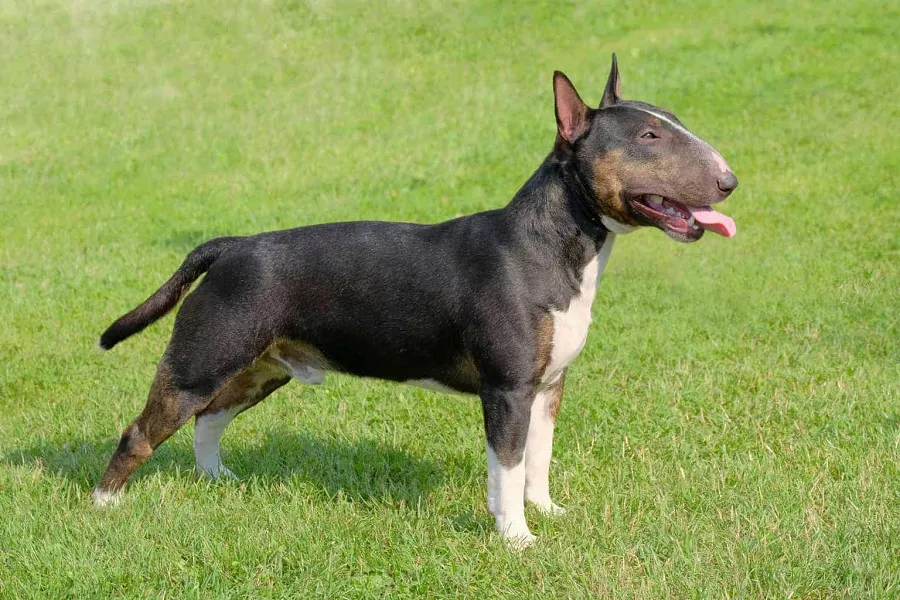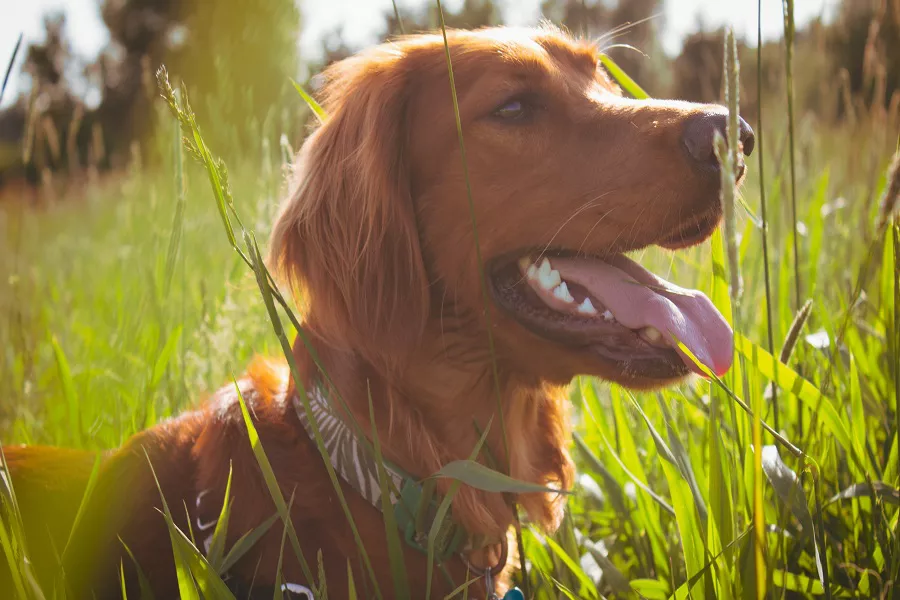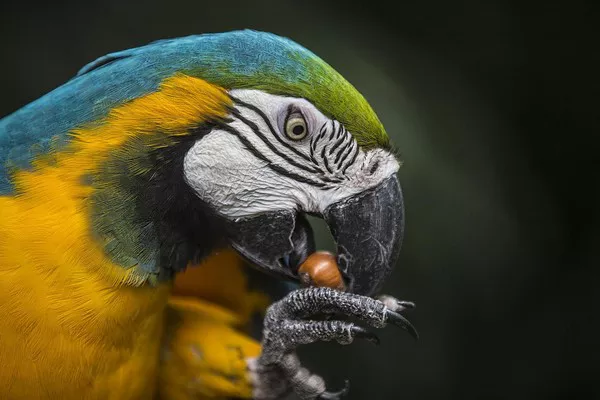What is a miniature bull terrier?
The Miniature Bull Terrier is the smallest of the extant Bull Terrier varieties and is a direct descendant of the original Bull Terrier bred in England in the early 19th century, bred to tease bulls and later used in dog fighting. The Miniature Bull Terrier is a smaller version of the Bull Terrier, with the same characteristics as the Bull Terrier except for its smaller body. The breed was registered with the Federal Kennel Club in 1993. It is full of passion and courage, well-trained and disciplined. Although it looks strong and agile on the outside, it is peaceful and docile, and somewhat complacent.
What does a miniature bull terrier look like?
The head is long and strong and not rough, the ears are small and thin, and remain erect when tipped upwards. The eyes are small, well sunken, triangular in shape, slightly oblique, and as dark as possible. The nose is black, the nostrils are properly opened, and the tip of the nose is slightly bent down. The lips are tight and neat. Teeth have a pincer bite and are strong, firm and perfectly aligned. Forelegs of moderate length, very straight, supporting the body firmly, the ankles should be strong and straight. The rear knee joint forms an appropriate angle at the junction of the second thigh. The hind ankles should be short and straight, with rounded and compact feet, with well arched toes.
miniature bull terrier living habits
The dog is smart, cheerful, brave, fearless, peaceful and docile. It likes to be with people, especially loves the owner and family, and longs for people’s company and care. At the same time, it is also a kind of stubbornness. Self-centered, dominant, sometimes brutish, destructive, and aggressive dog breeds.
miniature bull terrier rearing
In summer, the feed of the bull terrier is easy to ferment and deteriorate, and it is easy to cause food poisoning. Therefore, the best food for dogs is fresh food that has been heated and cooled. The amount of feeding should be appropriate and there should be no excess. Food that has been fermented and spoiled should be resolutely thrown away, and should not be used for fear of waste. Because spoiled food may contain bacterial toxins, it is impossible to destroy it even with high temperature treatment. Dogs eat food containing toxins, can cause food poisoning, if not treated in time will lead to death. Therefore, whenever the dog is found to have vomiting, diarrhea, and general weakness shortly after feeding, you should immediately seek medical treatment from a veterinarian.
In summer, the temperature is high, and it is easy to lose appetite. At this time, meat should be reduced, fresh vegetables and broth should be increased, or the type of feed should be appropriately changed, and more water should be supplied. In addition, regular attention should be paid to cleaning eyes and ears to prevent skin eczema.
Reminder: For more knowledge about dog feeding, dog training, dog grooming, dog breeding, please pay attention to: mtedr.com, providing you with different kinds of dogs.


























